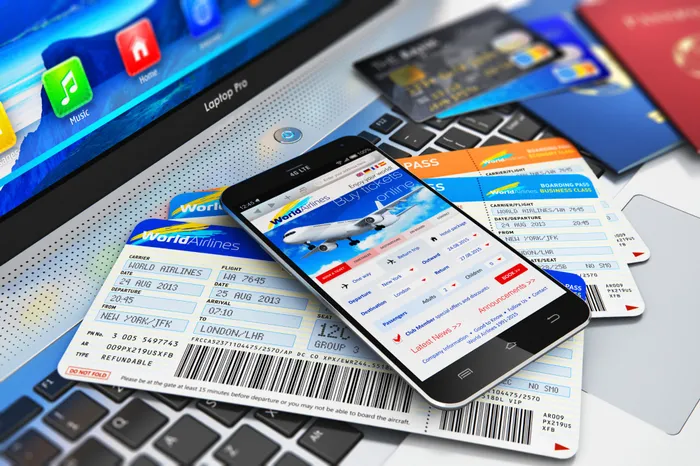Technology’s the new passport to better travel

Technology’s the new passport to better travel. Technology’s the new passport to better travel.
KEYNOTE speakers provided insight into how technology was transforming travel, at the TravelPort LIVE Africa conference in Hermanus last week.
Mike Croucher, Travelport’s chief architecture, spoke about digitally reimagining travel.
He pointed out:
What today’s hyperconnected travellers want and what they value have changed. While cost, choice and convenience are still significant, booking decisions are now based on the experience.
From the moment a traveller thinks about a trip to planning it, booking it and living it we, in the travel industry, must deliver a convenient, personal, all-encompassing experience.
Competition is fierce. Disruptive businesses like Airbnb and Uber, adept at delivering new inspirational experiences, have torn down long-standing monopolies and eroded brand loyalty.
What makes it more than just a trip?
The Internet of Things:
The IoT relates to the interconnection, via the internet, of computing devices that are embedded in everyday objects required to send and receive data at speed. Human beings, however, do not interact directly with the IoT. Instead, we have a mobile device, through which we can digitally exchange information and personalise experiences. This could be adjusting the temperature in a hotel room or pre-ordering room service before arrival.
Mobile:
According to the GSMA, more than two-thirds of the world’s population, 5billion people, are connected to a mobile service. South Africa’s research conducted with 11000 respondents from 19 countries revealed just how vital cellphones are for travellers.
Not only do 33% of travellers book their trips on a mobile device, but 62% also say digital boarding passes and e-tickets make travelling easier and 46% say a good digital experience is important when choosing an airline. The mobile acts as a travel companion. From searching to returning, it determines the traveller’s experience of and the overall journey. It offers a means of continuous, one-on-one engagement, enabling different offers and the availability of services to be tailored to an individual’s preferences. To do this, a mobile device needs intelligence.
Artificial Intelligence (AI):
AI can unlock insights to create the personalised experience. It allows businesses to become more proactive and strategic through predictive capabilities - that is recommendation engines that suggest the best time to buy a flight, book a hotel and so on. By informing a travel AI, training it and providing it with access to extensive real-time data sets, opportunities to deliver frictionless experiences become seamless.
Big Data:
The way we share, analyse and absorb information through technology has exploded to the point where big data’s usage is commonplace. Aside from the benefits of shaping individual travellers’ experiences, businesses can leverage data to better understand what is/isn’t working. Data is the fuel that powers 21st-century commercial intelligence.
In the travel industry, by analysing a complex set of data points like travel history and demographics, predictive analytics can plot travellers’ next moves before they know what they are themselves. To use the data, we need access to significant quantities of computing power. Some of this can be provided by cloud-based infrastructure.
Cloud computing:
Cloud computing technology provides the infrastructure to compute vast amounts of data quickly, affordably and on demand. It is the glue that holds the travel industry together by enabling data and content to be moved with relative ease, as well as computed and delivered as close to the point of consumption geographically as possible.
What does the future hold?
“We should be excited about what the future of the travel industry holds,” Croucher says. “In the Fourth Industrial Revolution, delivering the right kind of travel experience is going to rely on practically applying the technologies described here. The onus falls on us to be enterprising enough to grasp the opportunities.”